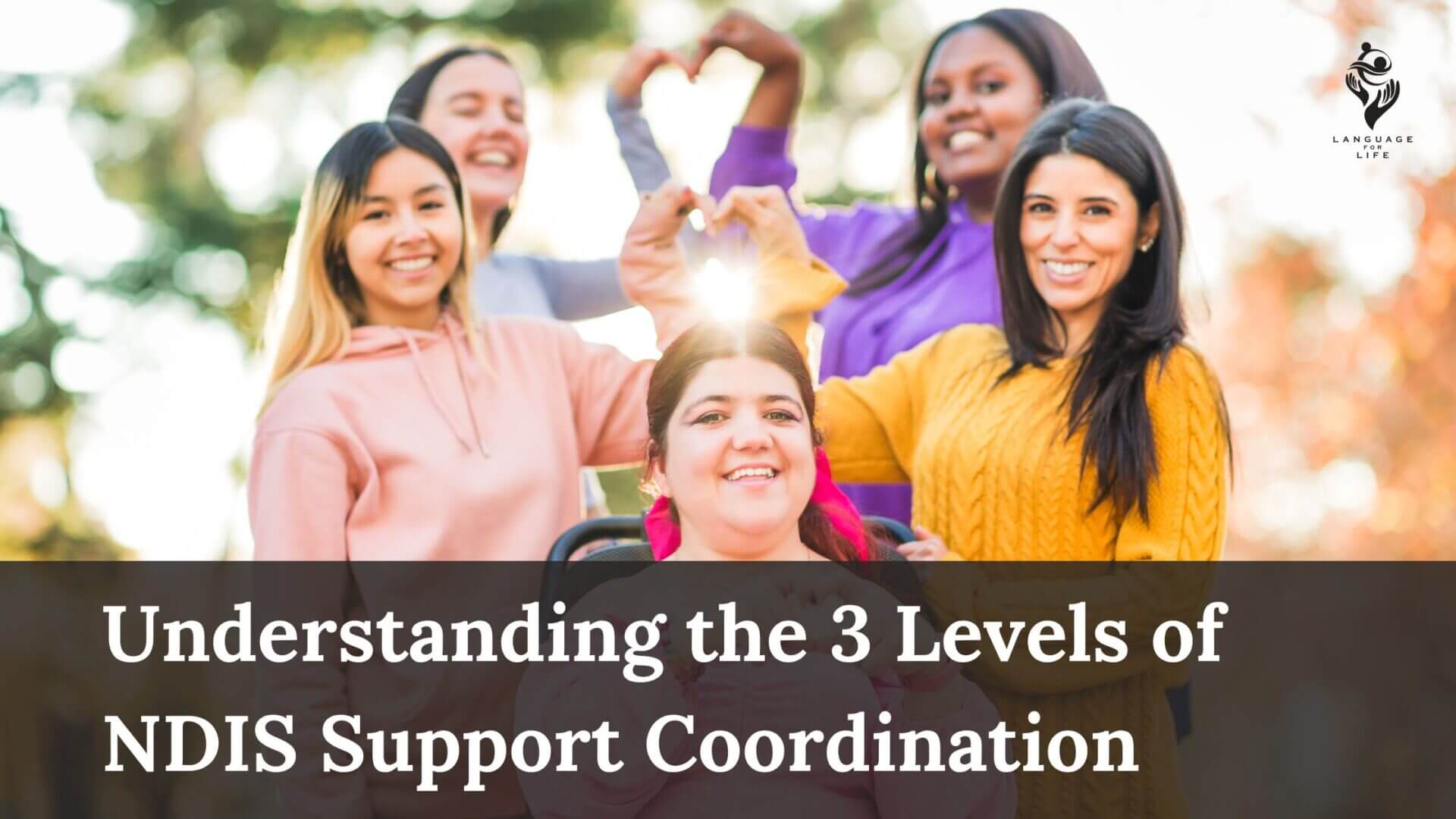The National Disability Insurance Scheme (NDIS) offers Support Coordination as a critical service to help participants gain the maximum from their plans and goals. Support Coordination is a capacity-building service that assists participants in learning about their NDIS plan, accessing the appropriate support, and building the capacity to sustain these supports independently. The NDIS has three levels of Support Coordination, each tailored to different participant needs and complexities.
Level 1: Support Connection
This level of Support Coordination, designed for participants who require minimal support and wish to maintain more independence in taking care of their supports. The focus here is on helping participants:
- Understand their NDIS plan.
- Identify and connect with informal, community, and funded support services.
- Build confidence and skills to self-manage their supports.
Support Connection assists participants who already have NDIS approval and a plan by helping them navigate and utilize the NDIS system effectively, and establishes a foundation for the optimal use of their plan.
Level 2: Coordination of Supports
The intermediate level provides more comprehensive support to participants with moderate complexity in their needs. It is for participants requiring help to coordinate more than one support and service. The key activities are:
- Develop a thorough support plan in coordination with the participant’s objectives.
- Connecting participants with a broad range of supports, including informal, mainstream, and funded services.
- Enabling participants to build their capacity to coordinate and manage supports in their own right.
- Monitoring and revising support on an ongoing basis so they continue to meet evolving needs.
Coordination of Supports aims to deliver seamless, integrated services that promote participants’ maximum independence.
Level 3: Specialist Support Coordination
Specialist Support Coordination is the highest and most intense, meant for participants who have high-risk situations or complex needs. This one is offered by professionals with specialist expertise to manage high barriers and complex support contexts. Their roles are:
- Solving complex issues that hinder access to supports.
- Coordination of many service providers to deliver coordinated and seamless support.
- Crisis prevention, planning, and intervention.
- Construction of specialist service plans arising from complex needs.
Specialist Support Coordinators have the responsibility to ensure complex support arrangements are managed efficiently and participants receive the necessary interventions in order to remain stable and advance.
Choosing the Right Level of Support Coordination
Determining the right level depends on the participant’s circumstances, the level of support they need, and desired outcomes. Participants meet with an NDIS planner or Local Area Coordinator (LAC) at the planning session to discuss their needs. Plan managers and support coordinators are usually assigned after the plan is approved to help determine the correct level and ensure the proper budget is included in the plan for Support Coordination services.
Conclusion
NDIS Support Coordination is intended to provide individualized support on three levels: Support Connection, Coordination of Supports, and Specialist Support Coordination. Each is developed for treating varying levels of need and complexity. Regardless of level, the primary aim remains the same: to empower participants to access the right supports, build their capability, and live as independently and meaningfully as possible. Choosing the right level of Support Coordination is essential to ensure that participants receive support tailored to their specific needs and circumstances. This careful selection helps maximize their independence while effectively addressing the complexity of their support requirements.

